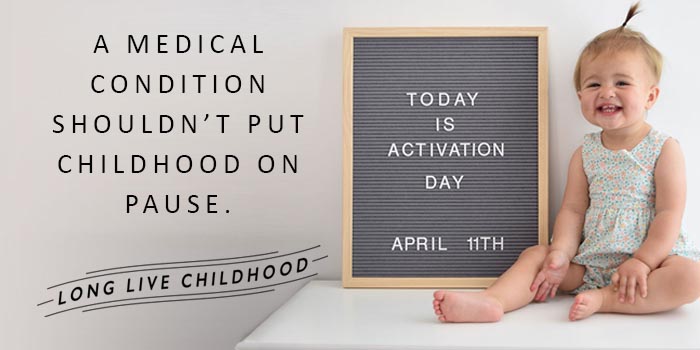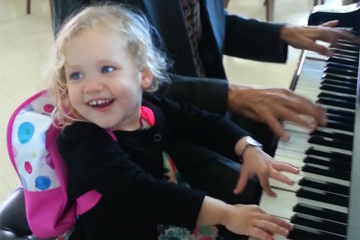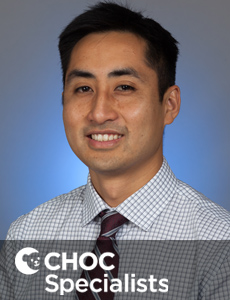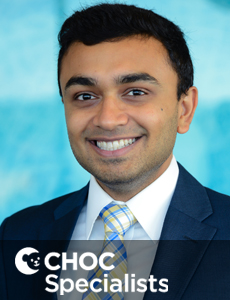CHOC and Providence offer all the services needed for a successful cochlear implant.
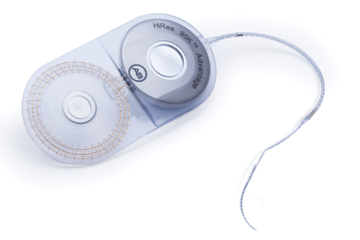
Cochlear Implant, Advanced Bionics
Our program includes:
- Comprehensive audiology testing to assess whether a child is a candidate for a cochlear implant
- Psychological counseling and social services support for a child and his or her family as they prepare for a cochlear implant procedure and the care that is needed afterward
- Surgical implantation of the device by a CHOC board-certified otolaryngologist who has special expertise in pediatric head and neck surgery. Learn more about having surgery at CHOC.
- Activation and follow-up mapping of the implant’s electrodes with specialized audiologists to fine-tune for the frequencies to a child’s ear
- Highly specialized speech and language therapy to help a child adjust to the implant and learn to understand language and communicate effectively.

